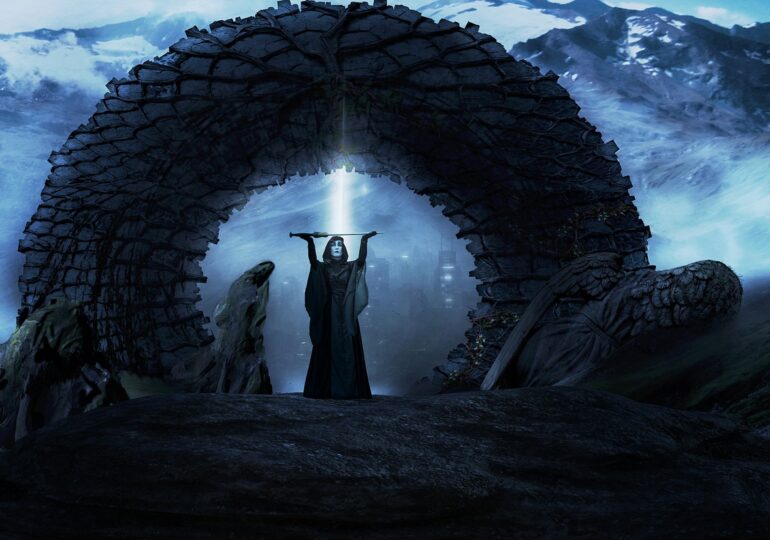51.4% of Romanians believe that there are „energetically charged” places in Romania that influence people’s state, according to the Barometer Romania Between Magic and Esotericism, conducted by INSCOP Research.
The sociological research shows a significant openness of the general public towards esoteric beliefs, regardless of education level or gender.
37.8% of respondents do not agree with this idea, and 10.9% do not know or cannot appreciate.
Remus Ștefureac: "Belief in energetically charged places crosses all social categories"
INSCOP Research Director, Remus Ștefureac, considers the survey results "unexpected," emphasizing that the phenomenon transcends gender, education, and social class barriers.
"Belief in the existence of 'energetically charged' places crosses all social categories, without significant differences between women and men. This uniformity suggests that the phenomenon has a general cultural resonance, surpassing gender barriers. Most surprisingly, even the level of education does not produce clear polarizations in attitudes," explains Ștefureac.
Young people believe more than the elderly
Although it may seem counterintuitive, age plays an important role: younger people are more willing to believe in the existence of these places.
- Among individuals aged 18–29, 61% agree and 35% disagree.
- In the 30–44 age category, agreement is at 49%, and disagreement at 39%.
- Individuals aged 45–59 declare an agreement of 53% and disagreement of 39%.
- Among those over 60 years old, agreement drops to 47%, and disagreement to 36%.
Ștefureac observes a "generational shift in perception," influenced by spirituality, alternative culture, and media. "The new generations... reinterpret the symbolic dimension of reality outside the established benchmarks of rationality."
More urban dwellers than rural residents believe in magical places
Contrary to expectations related to popular traditions, city dwellers are more predisposed than rural residents to believe in such places:
- Bucharest: 55% agree, 39% disagree
- Large cities: 55% agree, 36% disagree
- Medium and small cities: 58% agree, 34% disagree
- Rural areas: 45% agree, 40% disagree
"The trend suggests that such beliefs are no longer predominantly fueled by rural tradition but by a diffuse form of spirituality that coexists with urban modernity," affirms the INSCOP director.
Education level: no clear differences
Belief in "energetically charged" places is present to a similar degree among individuals with higher education and those with primary education:
- Primary education: 49% agree, 38% disagree
- Secondary education: 53% agree, 37% disagree
- Higher education: 51% agree, 40% disagree
Political preferences partially influence perceptions
Opinion distribution varies slightly depending on political sympathy:
- PSD voters: 58% agree, 28% disagree
- AUR voters: 55% agree, 35% disagree
- PNL voters: 49% agree, 44% disagree
- USR voters: 40% agree, 48% disagree

